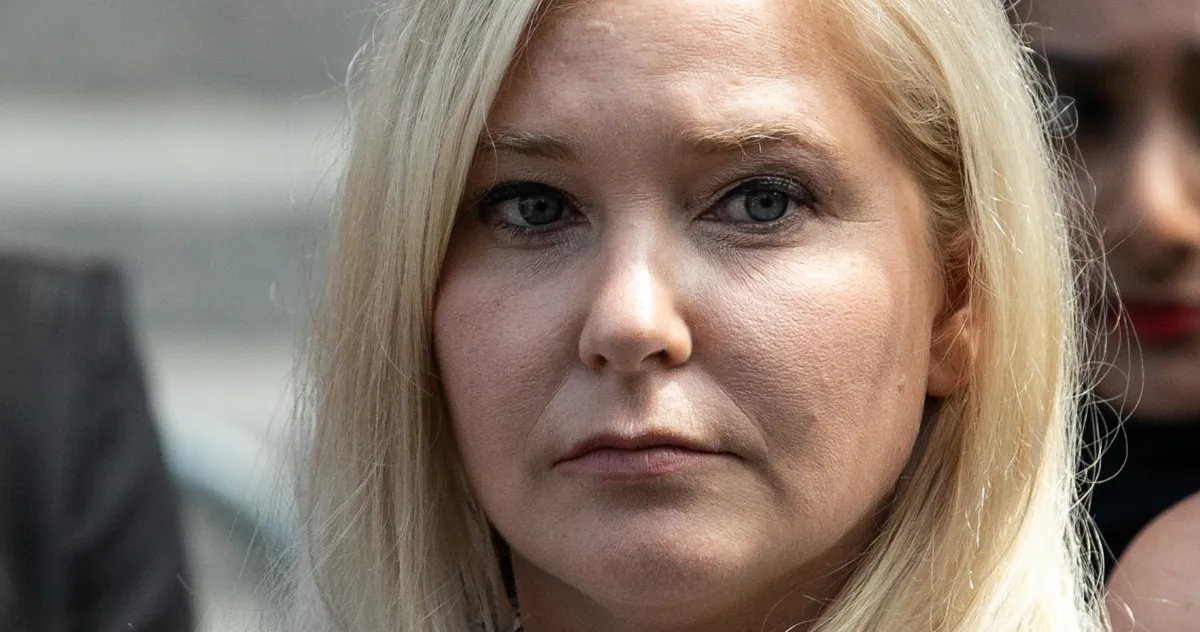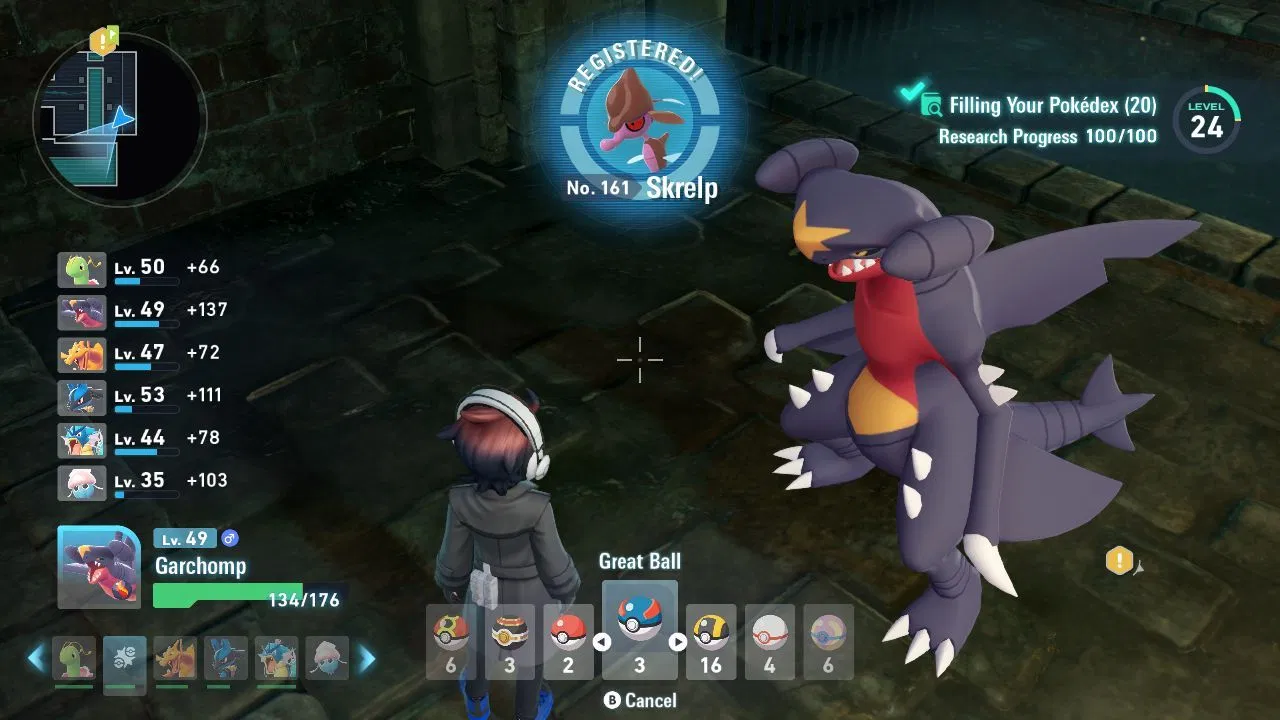Copyright New York Magazine

I was gripping the wheel of a rental car somewhere off I-95 between Fort Lauderdale and Palm Beach while Virginia Giuffre rode shotgun, pounding digits on her iPhone, trying to coax an old employee of Jeffrey Epstein’s to pick up. Each call like this ended the same way: a hang-up mid-sentence, the flat tone of refusal. It was February 2020, and Giuffre had flown 22 hours from Australia to find a witness, an informant, a source — someone, anyone — who could prove she was telling the truth when she said she had been Epstein’s sex slave, “passed around like a platter of fruit” to as many as three dozen of his friends, such as Prince Andrew. For the past decade, she had been portrayed by Epstein’s defense attorney Alan Dershowitz, Ghislaine Maxwell, and the tabloid press as an unsympathetic teenage prostitute at best and an unhinged liar at worst. The search was proving difficult. Epstein’s pilot, Larry Visoski, wouldn’t open his door. His chef, Adam Perry Lang, texted back but would only speak through lawyers. Our next stop was the house manager, Juan Alessi. I didn’t expect much and told the producer of the podcast we were recording, Broken: Jeffrey Epstein, “We’ll be back at the hotel by six.” Virginia and I took off to try one last gate. Alessi answered. “Oh, thank you so much. Okay, we’re on our way,” she said. I hit the gas before Alessi could change his mind, zipping through a gated community of golf-cart-friendly cul-de-sacs lined with coral-toned mini-Palazzos. When he opened the door and saw Giuffre, he hugged her and told her what a “beautiful woman” she’d become. His wife, Maria, Epstein’s former maid, hovered, adding to the tension. As I followed them into the house carrying my large podcast microphone, Alessi eyed it and asked me to shut it off. (He let me turn it on later.) He began haltingly, then spoke with the release of someone unburdening a secret that had curdled for decades. He told us about the day in 2000 when he met Giuffre while driving Maxwell around Palm Beach as she scouted girls for Epstein to abuse. They were passing the entrance to the spa at Donald Trump’s Mar-a-Lago, where Epstein was a member, when Maxwell insisted Alessi pull over. He waited in the car, sweating, while Maxwell told 16-year-old Giuffre she could teach her massage therapy and maybe help her travel. Alessi recalled telling his wife afterward that Maxwell had found a girl so pretty and skinny she’d surely be back at the house. Alessi managed Epstein’s Palm Beach home for 20 years. He started as a handyman and became the gatekeeper, letting in hundreds of girls. Maxwell gave him explicit rules to follow: Never speak to guests. Never look them in the eye. He would drive girls, sometimes straight from high school, to the pink mansion, lay out the massage table, and clean up dildos and vibrators after Epstein had abused the girls. He told us he lost his job after warning Epstein, “One day, one of these girls will get you in trouble.” Epstein told him, “They only want money, John.” Giuffre hung on his every word. She believed that after Epstein’s death, his old employees might finally tell the truth. She still spoke of them with a strange tenderness. They were the few who hadn’t treated her like a party favor. She said Lang brought her pizza when Epstein starved her; Visoski let her sit in the cockpit of Epstein’s private plane, nicknamed the Lolita Express. Alessi said Maxwell would often cry in the car while recruiting girls. “I said, ‘Ghislaine, why are you doing this? Why are you staying with this guy?’” he told us. “She said, ‘I hate him. I hate him. But I can’t leave.’” He shook his head at Giuffre. “She had money. Right? ‘Why are you not leaving?’” Halfway through our conversation, Alessi’s phone rang. He froze. “Don’t say a word,” he whispered before answering brightly, “How are you?” “I thought this was over,” he said. “I thought he was dead and he was over.” It was the FBI. They were now investigating Maxwell and wanted a follow-up interview. After the call, Alessi grew cautious. He admitted to seeing Prince Andrew “two or three times” and Dershowitz “many times” but swore he never saw them with girls. (The prince and Dershowitz have denied allegations related to Epstein.) When Giuffre confronted him about seeing her naked, he said, voice trembling, “I swear to God, Virginia, it is my God. Never saw you naked.” The denial dance was exhausting. He’d claim only adult women came, then concede he saw young girls. I was furious, but Giuffre stayed calm. She’d learned to take crumbs of truth. On our way out, Alessi stopped her. “You were the person I never imagined would be in my house,” he said. “I thought you hated me.” Giuffre pulled him in for a hug: “Come here, you. There’s no forgiving, because you were an amazing person to me then, an amazing person now.” In the car, I waited for her to vent, but she just smiled faintly. “I feel really happy,” she said. “And even if you’re only willing to admit 10 percent of what you know, there, that 10 percent can help so many other people.” Nearly two years later, Alessi would testify in Maxwell’s criminal trial, confirming parts of Giuffre’s story. I last spoke with Giuffre on the phone in February, before she died by suicide in April. She was living on her ranch outside of Perth, Australia. Her voice was soft but had become noticeably sadder and heavy with defeat since we last spoke. Her hope that President Trump would release the Epstein files and corroborate her story of being trafficked to powerful men had faded. She was by now familiar with being neglected. She rightly titled her memoir Nobody’s Girl; in it, she recounted being sexually abused as a child, homeless by 14, and then, just as she tried to rebuild her life, lured by Maxwell with promises of masseuse training that led to hell. When she first told her story, she was called a prostitute, not a victim. By the time she died, she had won a historic settlement from the British royal family and forced the world to look at what powerful men tried to bury and to see in her the proof they couldn’t erase. She kept speaking out and kept knocking on doors until one finally opened that February day, even if the truth only slipped through a crack.



